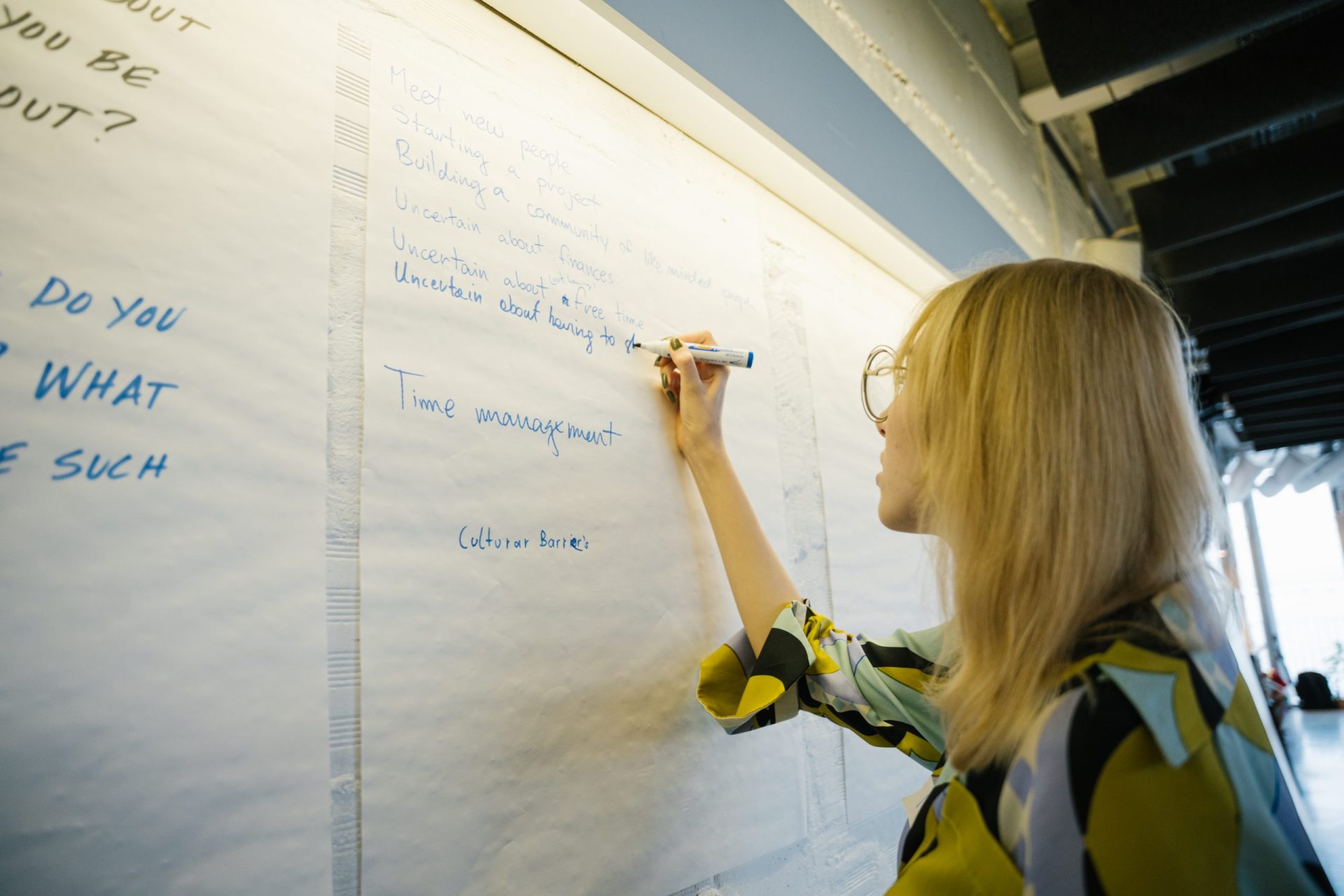Programmes
Psychology

- Home ›
- Overview ›
- Psychology
Psychology is a discipline covering all aspects of the human mind and brain. Designed by King’s College London, the BSc Psychology provides a contemporary approach to the study of the human mind. Your studies of theories and models in psychology will help you to understand facets of individual and group cognition, the role of emotions, and additional variables that can shape human behaviour. This degree has direct relevance to real-world topics such as mental health, decision-making and intergroup conflict.

Why choose Psychology
- A BSc in Psychology equips you with critical problem-solving skills and the ability to navigate diverse sectors, including neuroscience, social care, education, and law.
Psychology is key to fast-evolving fields like cognitive neuroscience, genetics, and psychiatric treatment, offering exciting research paths.
As AI and digital health grow, psychology’s focus on human-centred solutions is essential for innovation in design, entrepreneurship, and policy.
- Apply a critical understanding of essential concepts, principles and theories in psychology, use structured arguments based on subject knowledge to justify critical evaluation of knowledge of the field
- Show problem solving and evaluation skills, draw upon supporting evidence and demonstrate a general understanding of the role of psychology in real world applications
- Demonstrate an understanding of statistical and qualitative research methods for analysis of data
Forward College Bachelor’s tuition programme includes:
- 100% small group teaching (on average 15 students per class)
- One-on-one tutoring for individualised feedback and guidance
- Frequent evaluations to track your progress throughout the year and ensure your success at the final exams
- Induction programme where you will better understand your learning style and adopt the most relevant learning methods for you
Our Bachelor’s in Psychology equips students with valuable analytical, interpersonal, and research skills, providing a strong foundation for both immediate career opportunities and further study.
Most graduates choose to continue their academic journey, receiving offers from top international institutions such as:
- King’s College London
- University College London (UCL)
- University of Edinburgh
- Utrecht University
Popular postgraduate fields include: clinical psychology, counselling, health psychology, forensic psychology, occupational psychology, educational psychology, and research-focused programmes. These advanced degrees open doors to specialised roles in healthcare, education, research, and organisational development.
Graduates also pursue careers across a variety of sectors, including:
Healthcare and wellbeing services: hospitals, private practices, rehabilitation centres, and public health organisations
Educational settings: schools, universities, and educational support services
Research and consulting: think tanks, research institutes, and market research firms
Organisational development: corporate HR, employee wellbeing, and performance management roles
Programmes in Psychology
Forward College offers different programme formats depending on your ambition, potential, and interests. Learn more about their differences below and dive deeper into your preferred option.
Please note the Open Bachelor’s only allows Psychology to be taken as a minor.
Deep dive into the details of
each programme
What sets this programme apart?
designed by KCL
3 years, 3 countries, 100% international students
100% small classes (~15 students)
Entrepreneurship, Digital skills, Soft skills
70%* admitted in a top 10 European university or Business School
Meet our faculty members for this degree

Dr. Gemma Gordon
Head of Psychology

Dr. Ana Maria Abreu
Associate Professor of Psychology
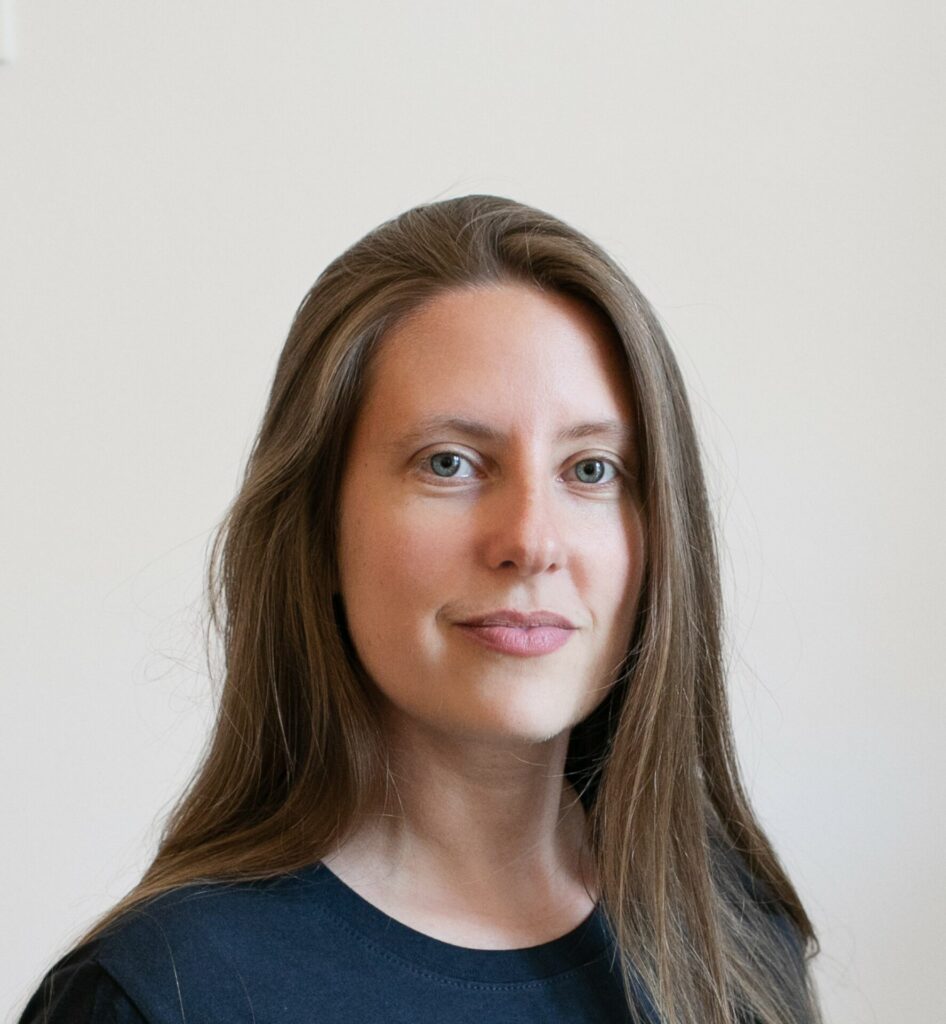
Dr. Soizic Gauthier
Assistant professor of Psychology

Dr. Valentin Corneloup
Assistant Professor in Psychology

Dr. Anita Keshmirian
Head of Data Science & Assistant Professor in Psychology
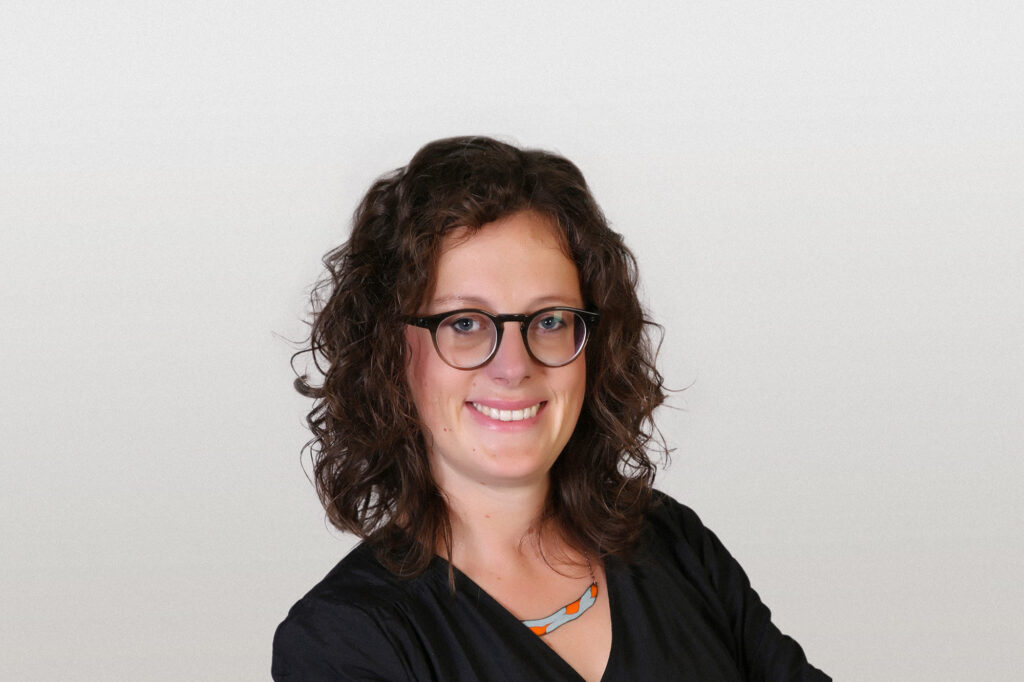
Dr. Sophie Metz
Assistant Professor of Psychology
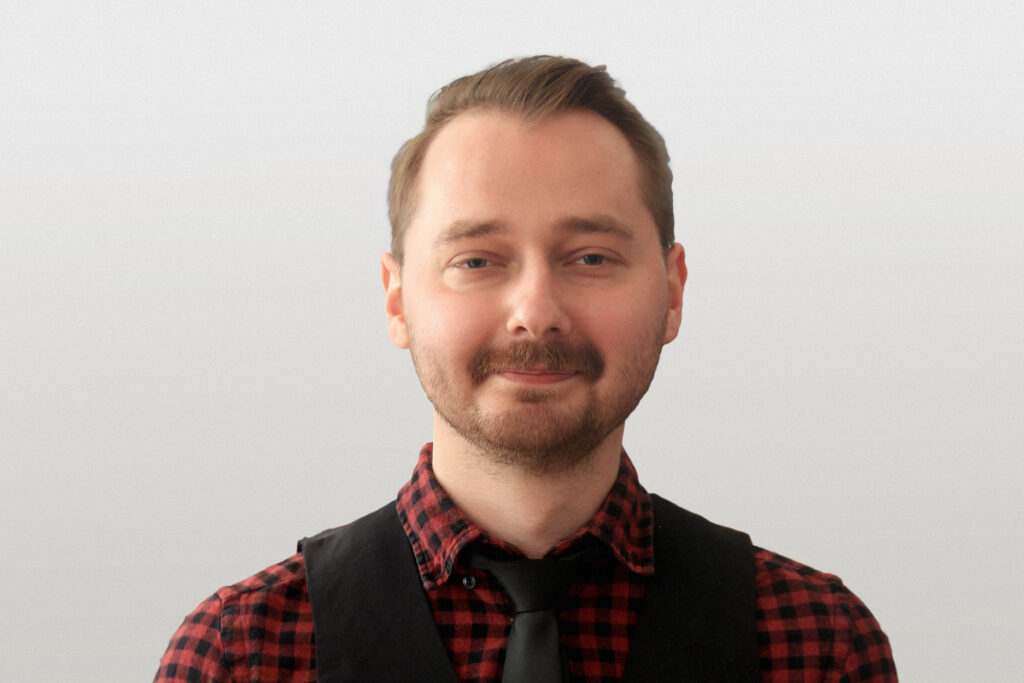
Bence C. Farkas
Lecturer in Psychology
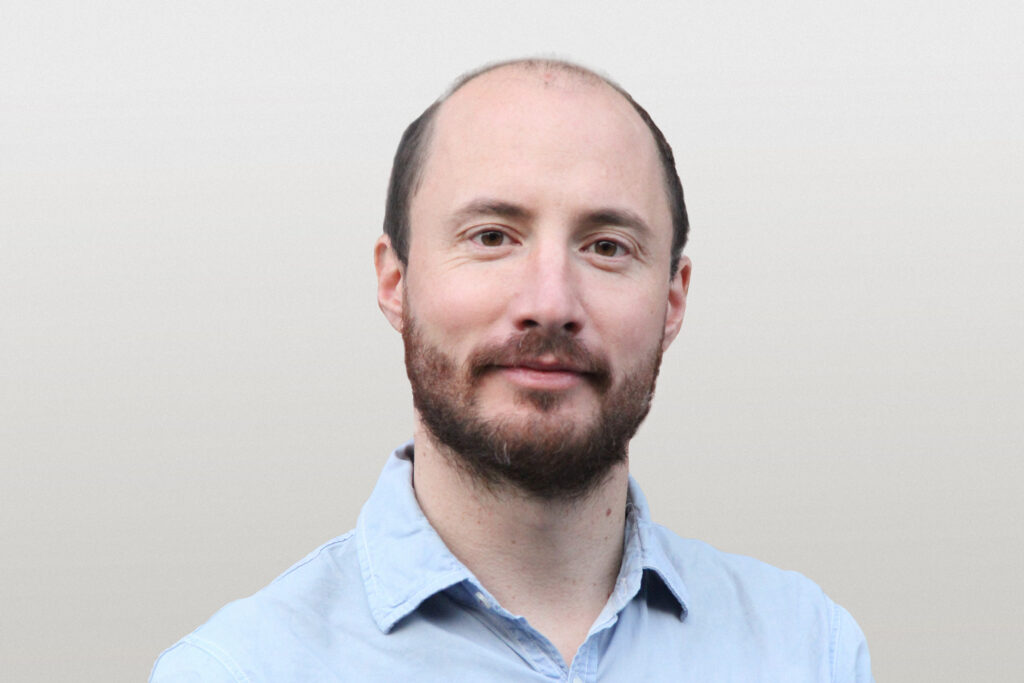
Dr. Adrien Cascarino
Lecturer in Psychology
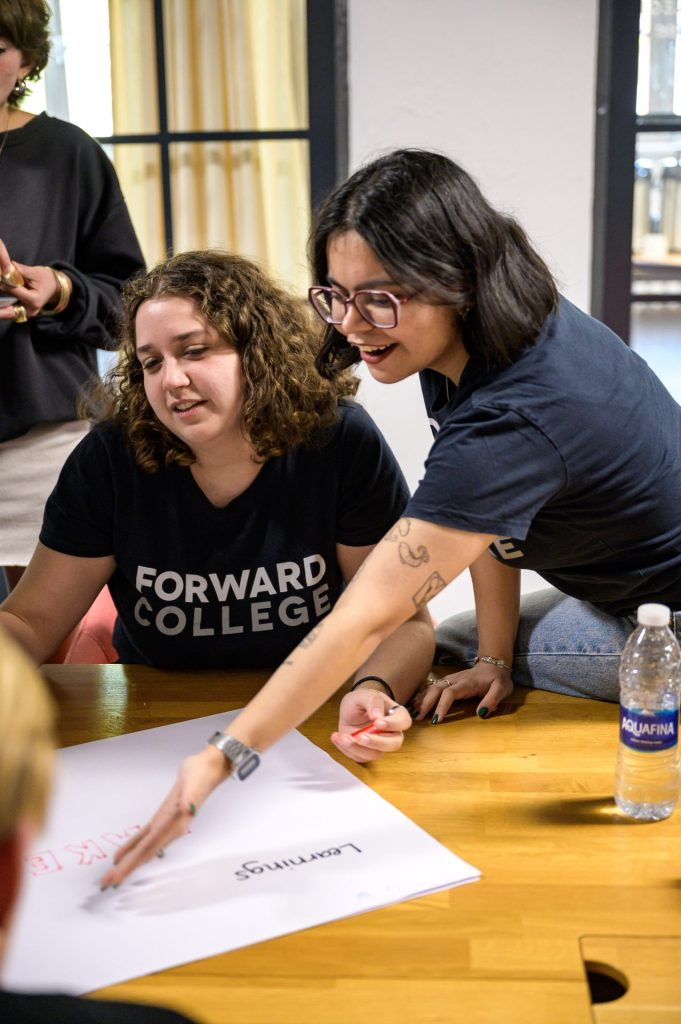
Annual calendar
Our BSc in Psychology follows a rather different academic calendar compared to the other degrees. The first semester of Psychology commences in September and concludes in February. Our students then sit UoL exams in March. The second semester of teaching begins in March/April and continues into June, with corresponding UoL exams held in early September. Psychology students enjoy a well-deserved break in July.
Unlike the other programmes at Forward College, Psychology students also submit courseworks to UoL throughout the year to be graded by UoL staff. This usually accounts for 30% of the module grade, but can account for 100% of the module grade for a minority of modules. This UoL coursework and exam assessment combination takes a little pressure off the exams
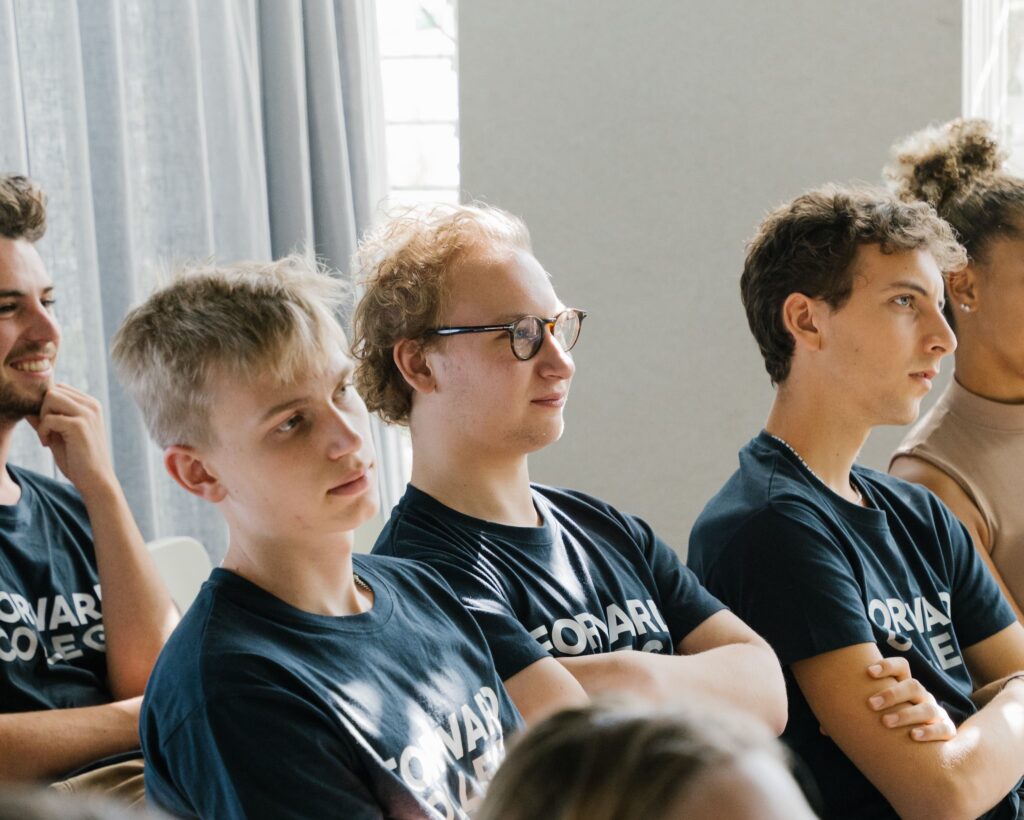
A note on BPS accreditation
The UoL BSc Psychology aims to provide students with a thorough understanding of Psychology as a science, covering the core areas of Psychology and their application. The curriculum has been designed by King’s College London academics to meet the requirements for the Graduate Basis for Chartered Membership (Graduate Basis Registration (GBR)) of the British Psychological Society (BPS). This programme was launched in 2020 and is not currently accredited by the BPS.
For those considering postgraduate courses in the UK or becoming a chartered psychologist in the UK, holding a BPS accredited undergraduate degree may be a prerequisite for applications to UK postgraduate programmes on these tracks. BPS-approved conversion courses provide an opportunity for graduates to build on their first-degree qualification to become eligible for the British Psychological Society’s Graduate Basis for Chartered Membership. More information can be found on the BPS website.

Accreditations
Forward College is a Recognised Teaching Centre of the University of London (UoL). As such, our students are also students of the University of London and will graduate from the University of London [...]
Learn more
Careers & life after Forward
Most of our graduates apply to top Master’s around the world either following the academic field they have invested in – with a natural path towards master programmes at LSE and King’s College [...]
Learn more


